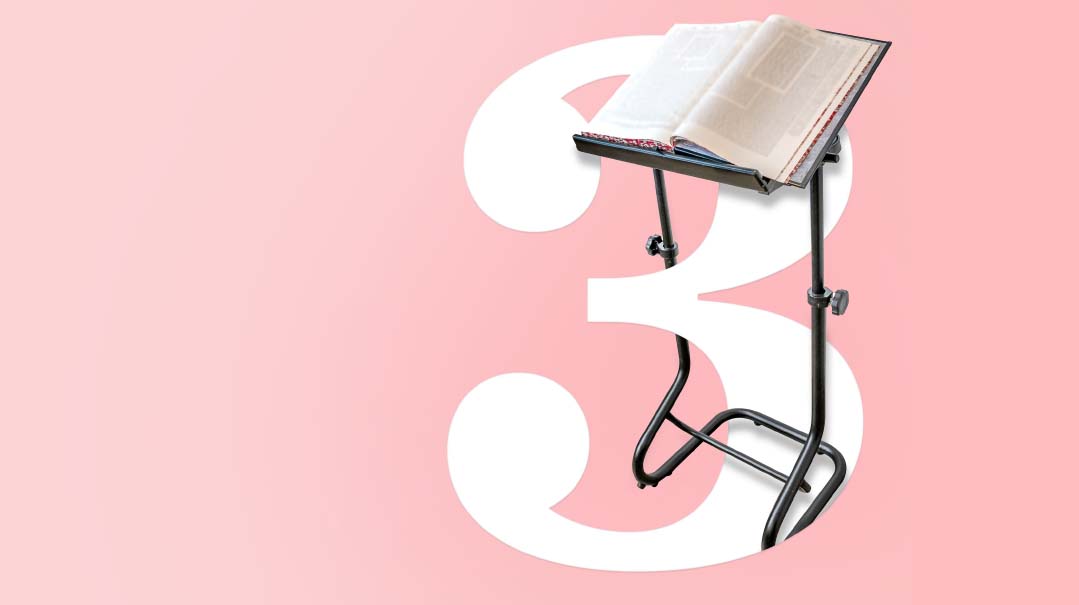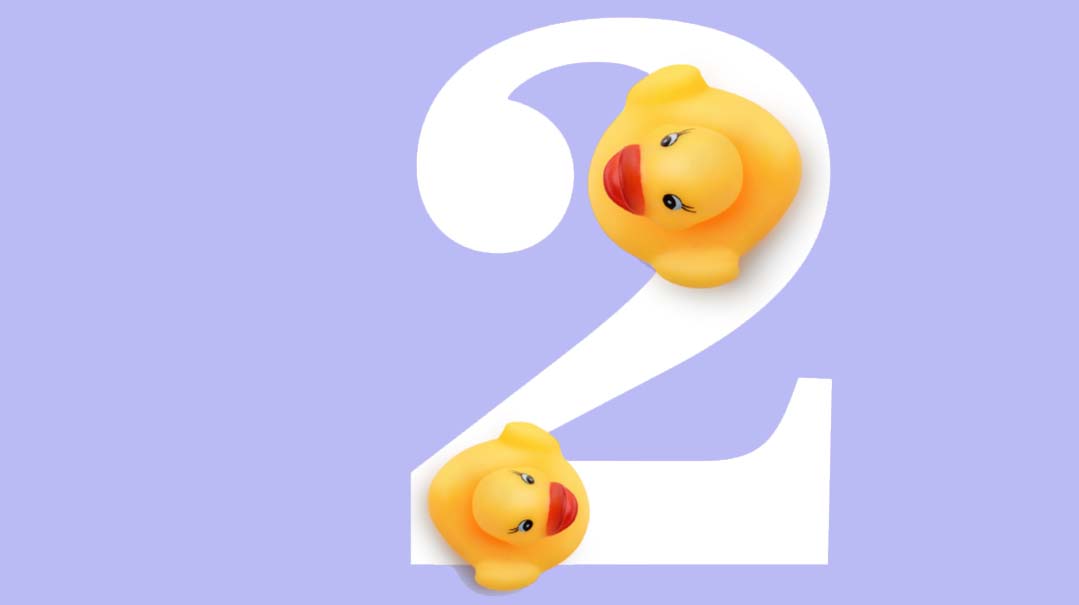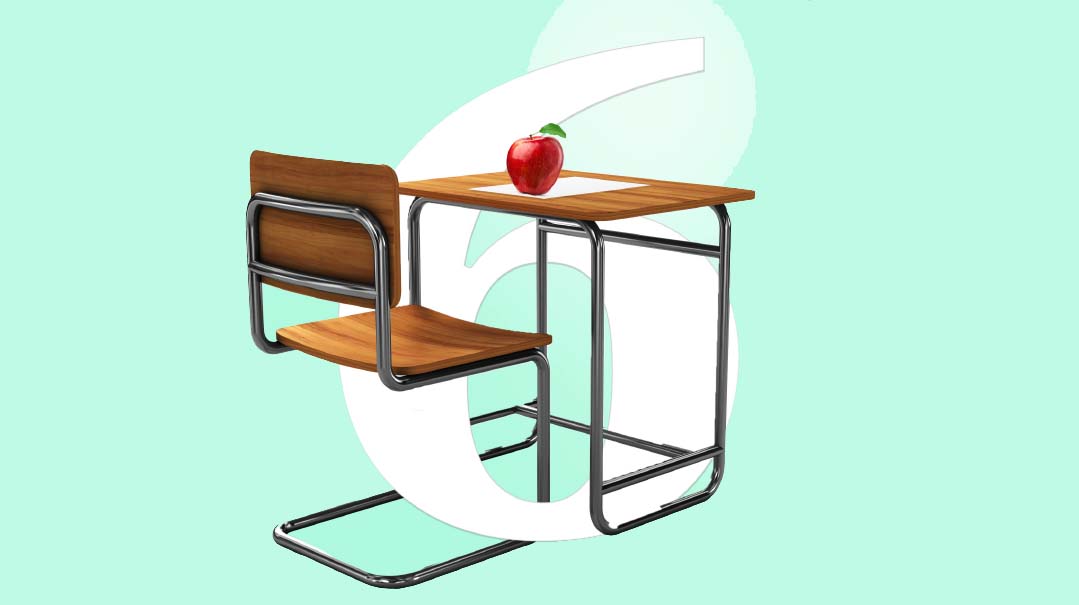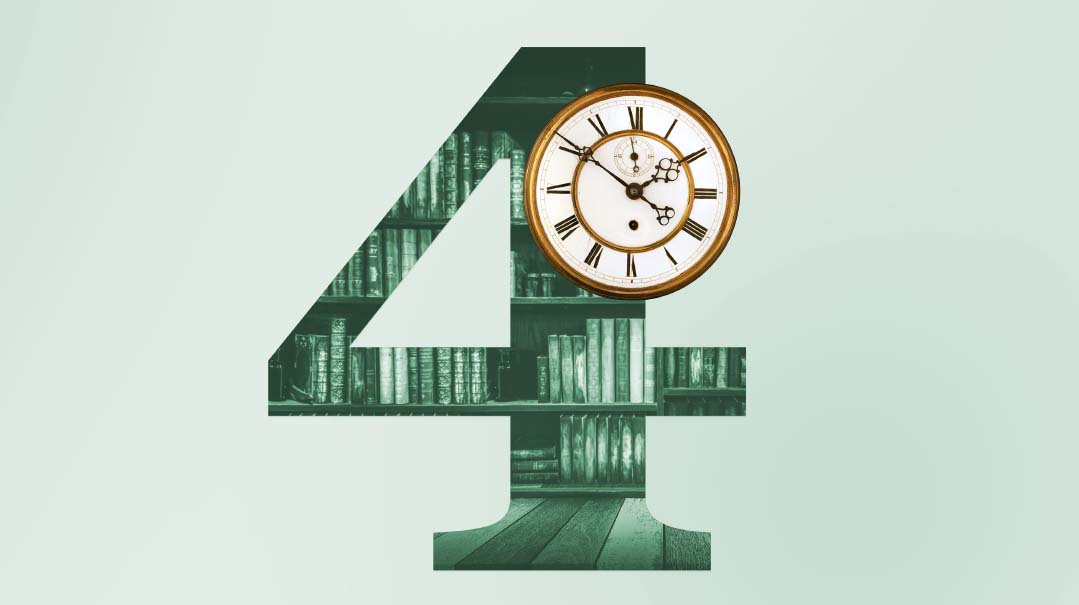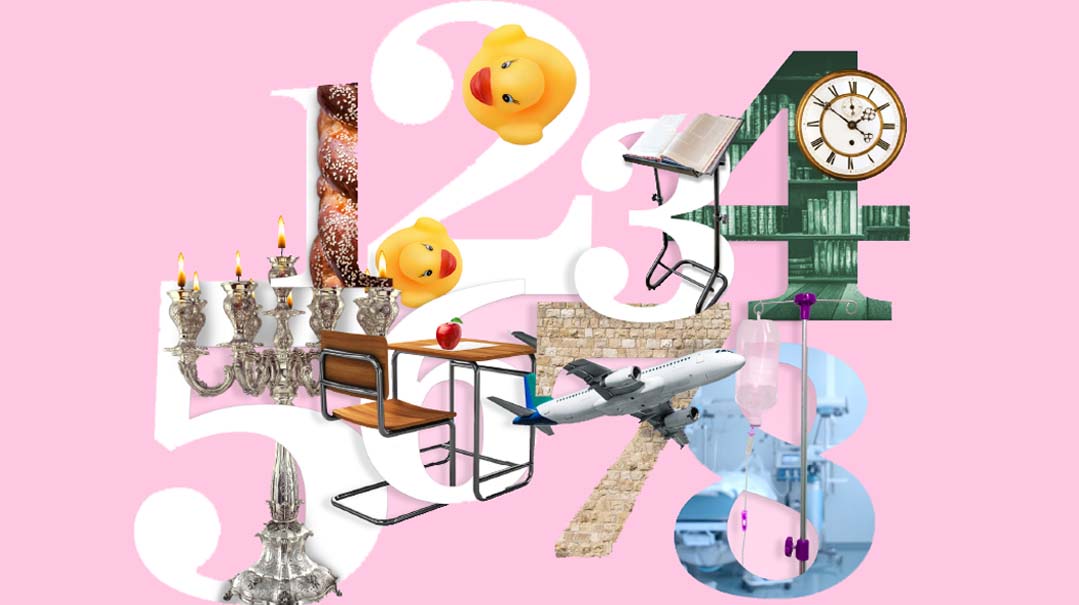One Child, One Shabbos Table

One child at one Shabbos table, week after week. An ideal existence — or maybe not.

I am their one and only: an only child.
I am one chance to get it right. One hope and dream. One mouth to feed. One tuition to pay.
One child to love.
There are benefits to growing up as an only child. I had my own room, a quiet house, new clothes, and undivided attention from my parents. If I had a request or a need, it didn’t compete with anyone else’s wants or needs. Life revolved around our small family unit, and perhaps, around me. I’ll never forget when Rabbi Menachem Nissel, my seminary rabbi, visited my home in Atlanta and called it “a shrine to Alex.” With pictures of just one child gracing the walls, I guess it sort of was.
Shabbos afternoon lunches epitomized my childhood experience as the only kid around the Shabbos table. Naturally, my parents invited their friends, and their Shabbos day meals were famous for ending at 5 p.m. There may or may not have been other kids at the table, but my childhood Shabbos memories are filled with me sitting at a table of adults talking, laughing, and debating.
In my pre-teen years, I would sit and listen. Soak up the discourse. Watch adults engage and interact as they would talk about issues from Judaism to current events, history to culture. A quiet observer, I’d silently formulate my own opinions about the issues and concepts that animated them.
As I entered my teens, I began to share my own thoughts. While I had always sat alongside the adults, I now started to take my seat at the table. As my father would say, the Shabbos table is where he saw me grow up. I would share my opinions about whatever topic was at hand, finding just the right point in the adult conversation to interject my thoughts, with an equal dose of confidence and hesitation. And here is where I developed the belief that my opinions and thoughts were valuable. That what I had to say was worthy. In other words, I was worthy.
When I joined the conversation, the adults around the table were eager to embrace me. I was never shut down for just being a teenager who didn’t know anything, or for being ostensibly wrong. (My parents get the biggest credit for that.) When I think back to those Shabbos table discussions, I see in my mind’s eye my parents and our guests around the table smiling at me, welcoming me, including me. The Shabbos table was where I not only developed my interest in communal issues and love for the Jewish people, but also my confidence as a thinker.
One child at one Shabbos table, week after week, going through this exercise of self-esteem building as my enthusiasm was mirrored in the faces of encouraging adults. An ideal existence — or maybe not.
Today, at my own Shabbos table, there are five children, their faces mirroring not only the faces of their parents and guests, but also those of their siblings.
No, their siblings are not as welcoming as the guests of my youth. Our Shabbos table hosts passionate debates about rights and wrongs, ideals and beliefs. The older ones fend for what they believe as if their life depends on it, and the younger ones listen in amusement, and sometimes confusion.
We parents try to keep the temperature down. We try not to ignore the younger ones. We try to model and teach how to listen, how to make a point and how to respectfully disagree.
And I wonder how their Shabbos table experience compares to my own. Back then, as the solitary child, I was preaching to a choir that gently nodded along. My children have the more difficult task of persuading skeptics. They are called upon to defend their place in the family and their right to their own ideas.
Maybe ideas and opinions develop more robustly in this kind of environment. Time will tell. In the meantime, I thank my parents for choosing for their one child a lifestyle built around a Shabbos table, no matter how different (and how much calmer) it was from my own one now.
Maybe my nine-year-old daughter will look back at her Shabbos table growing up and say it was the breeding ground for her to formulate her own opinions and thoughts about life. Maybe my 16-year-old will say that her heated Friday night arguments about politics helped her become a better communicator.
There are five stories in the wings, waiting to emerge.
Alexandra Fleksher is an educator, a published writer on Jewish contemporary issues, and an active member of her Jewish community in Cleveland, Ohio.
(Originally featured in Mishpacha, Issue 887)
Oops! We could not locate your form.
